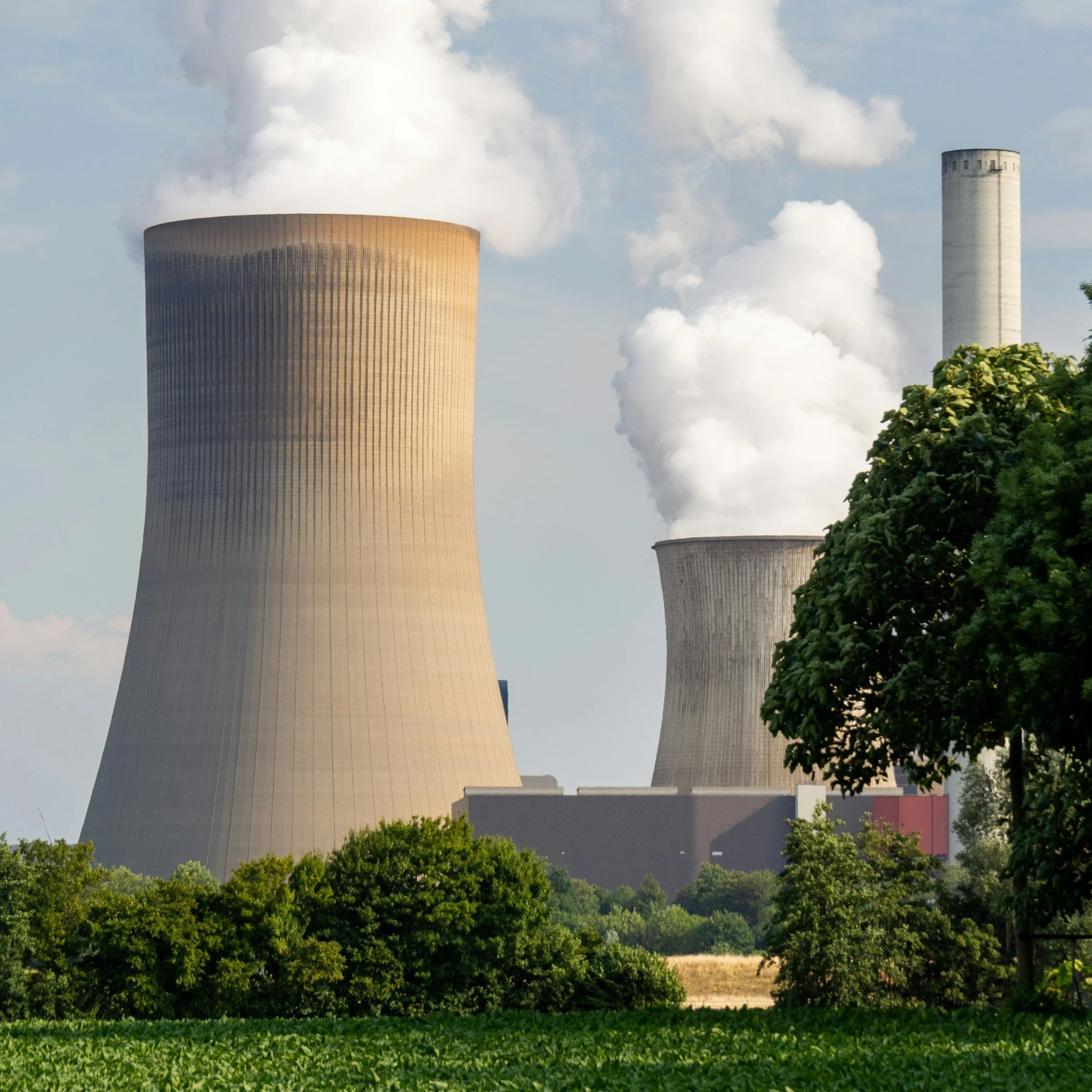The West Virginia Public Service Commission has set a mid-June evidentiary hearing date in a big power company rate case, and commissioners approved a major regional grocery store chain’s request to intervene because of how its costs could be affected.
This is all taking shape in a case focused on a rate increase request by Appalachian Power and Wheeling Power, which provide electricity to customers in West Virginia.
Potentially affected are 460,927 customers in Boone, Brooke, Cabell, Clay, Fayette, Greenbrier, Jackson, Kanawha, Lincoln, Logan, Marshall, McDowell, Mercer, Mingo, Monroe, Nicholas, Ohio, Putnam, Raleigh, Roane, Summers, Wayne, Wetzel and Wyoming counties.
As filings and comment build in the case, commissioners entered a recent order to set an evidentiary hearing June 17-19 at the commission’s headquarters in Charleston.
A public comment hearing is set for 5:30 p.m. June 17, immediately following the first day of evidence.
The PSC had already approved intervention in the case by West Virginia Energy Users Group, Solar Holler, SWVA Inc. (which owns a steel production facility in Huntington), West Virginia Citizens Action Group, Solar United Neighbors and Energy Efficient West Virginia along with the consumer advocate division of the PSC.
Late last month, the Kroger Co also filed to intervene in the case, contending its 30 grocery stores and other facilities in West Virginia would be affected by higher power bills.
“The grocery stores operated by Kroger are high load factor facilities that use energy for food storage, lighting, heating, cooling and distribution, often on a 24 hour a day, 7 day a week basis,” representatives of Kroger wrote in a filing, contending that no other party in the case could represent its interests.
“If the Company’s application is granted, then the cost for electric power service to Petitioner could be substantially impacted.”
The request by Appalachian Power, along with Wheeling Power, would increase electricity costs for customers, although the power companies submitted two rate structures for the PSC to consider, suggesting options could soften the blow.
Under traditional recovery methods, the companies have requested to increase annual revenues by about $250.5 million, or 14.12 percent. A residential customer using 1,000 kilowatt-hours a month would see a net increase in their monthly bill of about 13.54%, or $23.74, the power companies said.
As an alternative, the companies propose using securitization to mitigate the impact of their request, resulting in an overall monthly bill increase of approximately 3.8%, or $6.72, for a residential customer using 1,000 kilowatt hours. The companies also proposed a new Electricity Rate Stabilization mechanism characterized as providing stability in future rate cases and limiting the frequency of rate adjustments.
The power companies say that if the securitization option is accepted by the PSC, that would reduce the impact on customers by 70%, with an increase of approximately $75 million, and the ERS would stabilize future base rates within 3% annually.
Securitization means pooling assets and selling them as tradeable securities to investors. Essentially, the utilities are asking to take out consumer rate relief bonds. The securitization is possible because of a bill passed by the state Legislature, House Bill 3308.
Appalachian Power has been working to communicate with customers who might be affected. Aaron Walker, president and chief operating officer of Appalachian Power, distributed a written op-ed last month, starting by saying the company has invested more than $1 billion since our last rate review five years ago to make electric service more reliable.
“While we will continue to find ways to meet current and future energy needs, customers have made it abundantly clear that rising energy costs have put many under financial strain,” Walker wrote. “We hear you.
“At the same time, we need to continue making improvements to keep the lights on and ensure that West Virginia has the energy we need to grow our communities.”
His written piece outlined the two proposals that the power company has put before the PSC.
“I understand that it’s never a good time to request a rate increase, and again, we’re here to help with that as well,” Walker wrote, describing some programs that can help provide a break for people struggling with costs.

